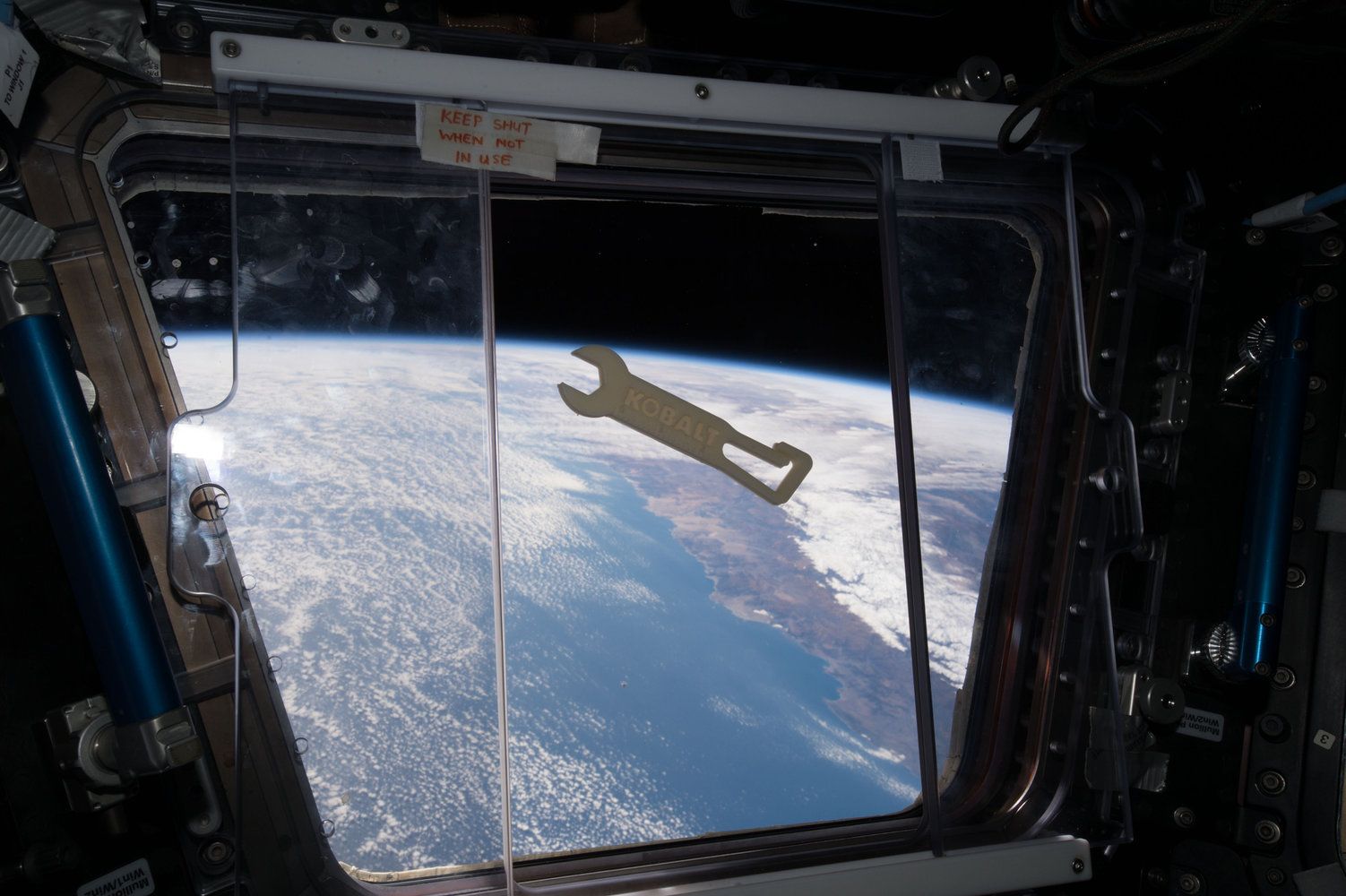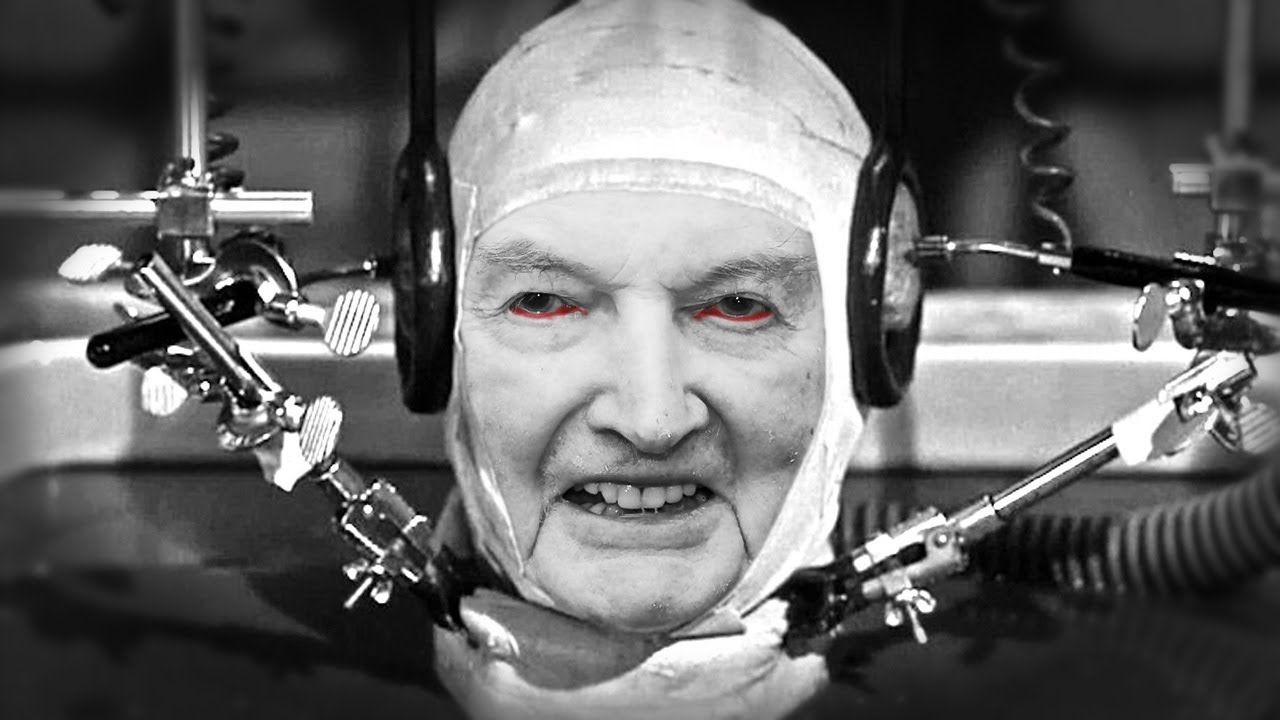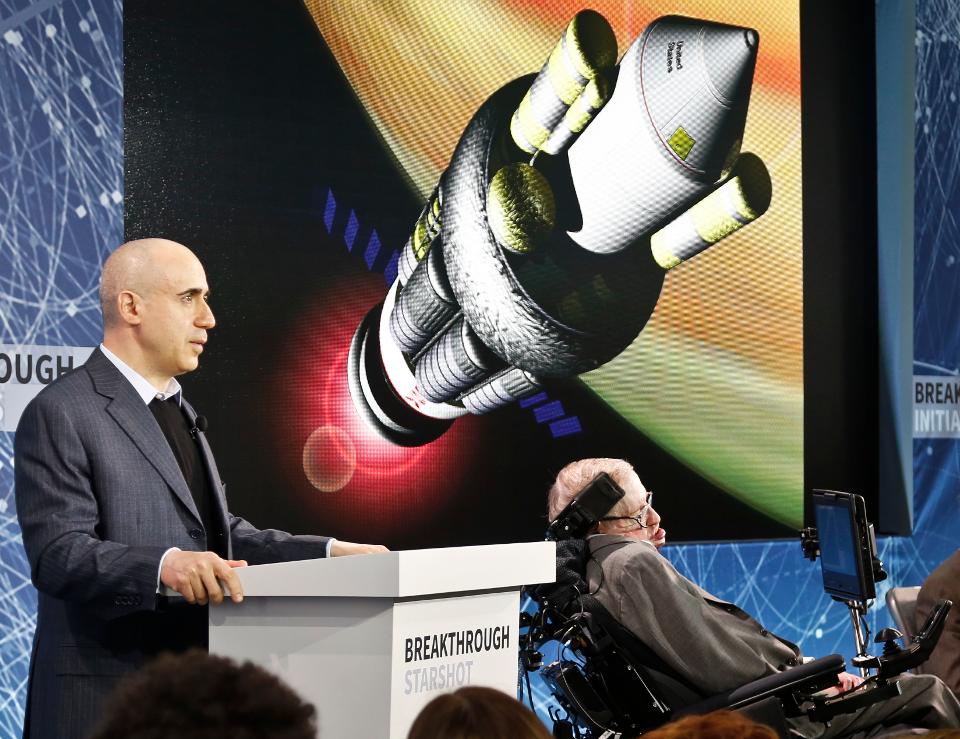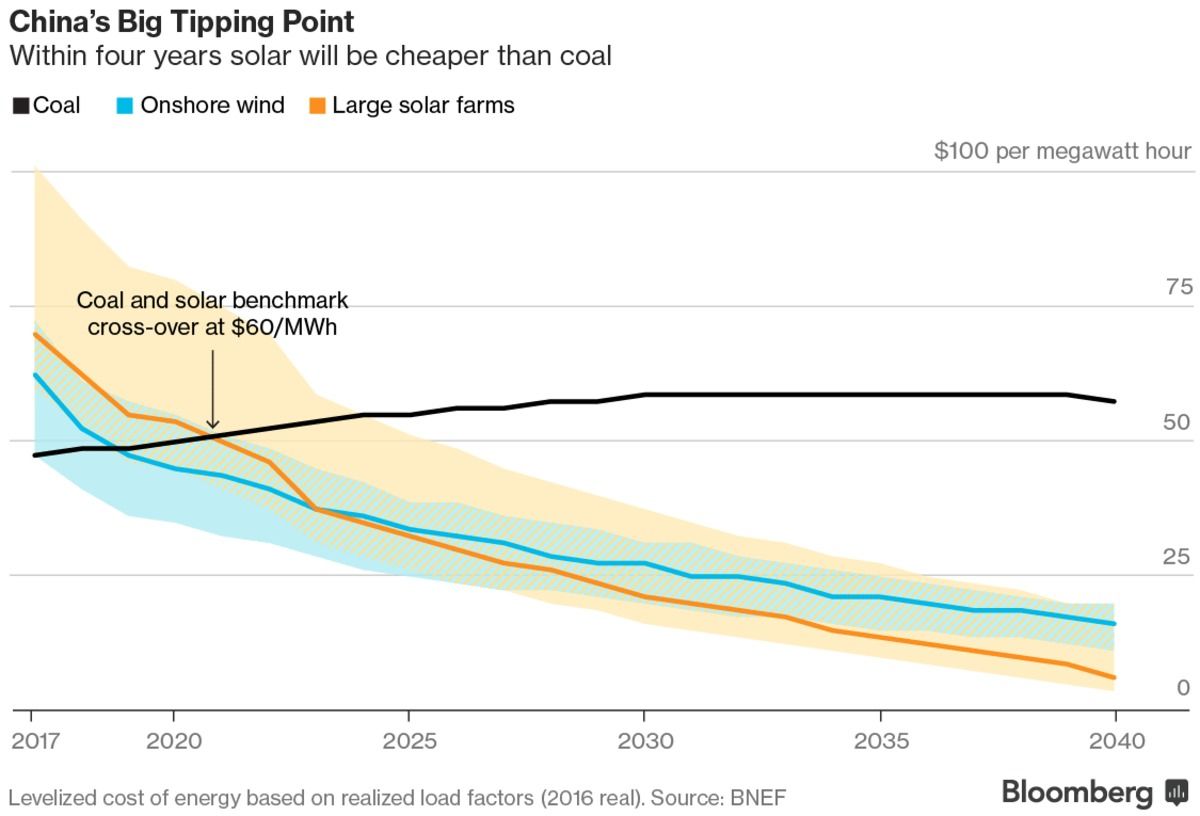The company “Made In Space” is building for space — and in space, for Earth.
A conspiracy theory article that I think is spreading semi-fake news (but it’s interesting to see how some people react to #transhumanism):
While the title of this article may sound like it belongs on a strange and dark science fiction movie, it doesn’t. Unfortunately, it seems that as the technological world continues to advance, the more the old adage ‘the truth is stranger than fiction’ becomes true.
Throughout the past year or so, we have heard Google’s leading futurist tell us that it will one day be possible to live forever. His belief is that it will start with nanobots in the human body which would work to defeat deadly disease, in place of our immune system. Kurzweil maintains that the human immune system is inadequate and that,
An article discussing why extreme risk aversion deriving from indefinite lifespans is neither very likely, nor rational.
There’s a theory suggesting that, if we could live indefinitely, we might become extremely risk-averse. Presently, regardless of when you die, you ‘only’ lose a handful of decades of life at worst, because you would have died of old age eventually anyway. However, the reasoning goes, if you could live for an indefinitely long time, your untimely death would cost you no less than eternity; the conclusion is that, in order to avoid such an unimaginable loss, people wouldn’t dare taking even the most insignificant risks, such as crossing the street, ultimately making their own lives quite miserable.
The problem with this argument is that it hinges on a flawed assumption. The assumption is that we dare taking any risks at all only because we know that in a few decades at best we’re going to be dead anyway. Why do you take a plane for a holiday at the Antipodes? Because you’re going to die anyway when you’re old. Why do you go on a rollercoaster ride? Because the reaper would get you sooner or later anyway. Why do you go out without an umbrella even though it looks like it might rain? Because pneumonia would cut your life only a few decades shorter. Note that this argument also answers the age-old question, ‘Why did the chicken cross the street?’ Because YOLO.
This is not how smart people (or chickens) think. The question is one of magnitude of benefits and risks of a certain course of action. Consider the case of John, 40 years old, taking a plane from New York to Madrid for a two-week holiday. There is a chance the plane might fall into the Atlantic Ocean during the flight, in which case John would die. The chance isn’t very big, but it’s not zero nonetheless. If the plane doesn’t fall, then John gets his holiday (the benefits); however, if the plane falls, not only does John not get his holiday, but he also loses his life. At age 40, John isn’t exactly a youngster any more, but he does have some 40 years of life left, though. While the perceived value of the holiday and the remaining 40 years of life are subjective, it is quite reasonable to say that two weeks in Madrid aren’t worth losing 40 years of life.
For decades, space exploration and experimentation has been the playground for world governments and wealthy academics. Exposure to space was limited to sci-fi, the odd government broadcast, and conspiracy theories. Normal people could only buy their loved ones stars or plots of cosmic land as a sentimental gift.
Getting Real About Interstellar Probes
Posted in space
SeaWorld VR Roller Coaster
Posted in virtual reality








